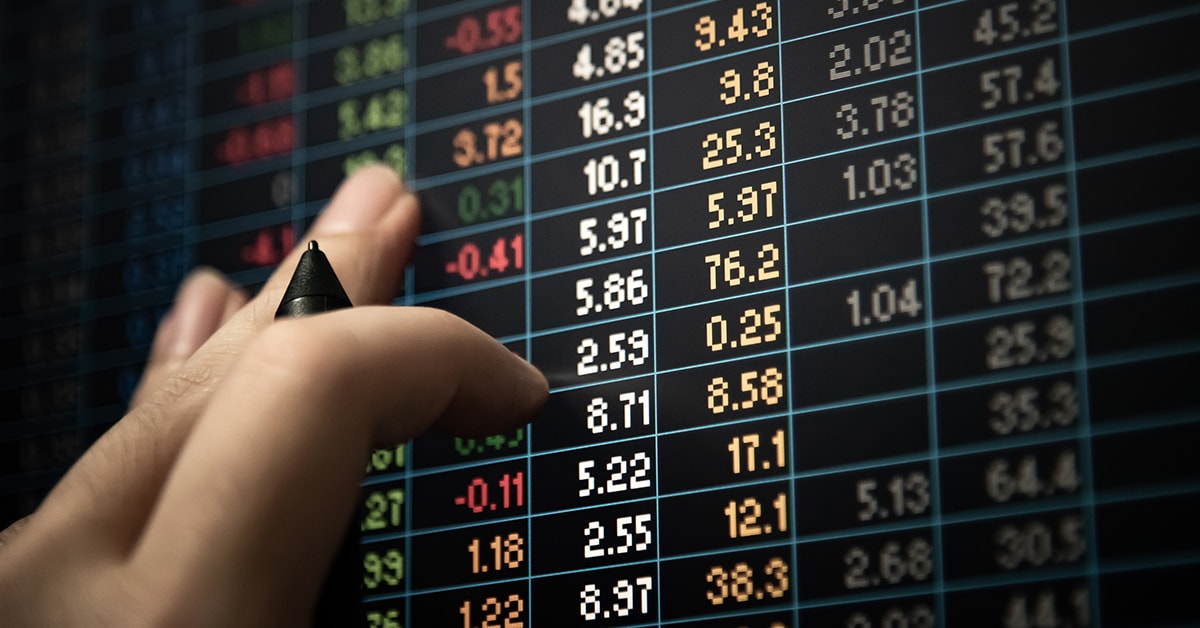The US bond market is usually quiet during the summer months but not this year.

The summer months were unusually busy for the US bond market. August is generally quiet with investors away, but the past few weeks have been buzzing with deals.
After a subdued first half—due to fears related to high inflation, rising interest rates and disappointing corporate earnings—big tech benefited most from a window of opportunity created by renewed hopes of a soft landing for the US economy.
Apple and Meta Platforms, raised $5.5 billion and $10 billion in bonds, respectively. The major US banks have collectively issued almost $34 billion in July and August.
The investment-grade sector was indeed surprisingly strong.
“Companies continue to pull forward new issuance activity ahead of further moves, higher in interest rates and potential fundamental economic deterioration, which could weigh on spreads and investor sentiment,” said Winnie Cisar, head of global strategy at CreditSights. “Given the uncertainty around the Fed’s terminal rate this hiking cycle, corporate borrowers proactively raised cash in August, and capitalized on a better-than-expected second-quarter earnings cycle.”
July’s inflation data also quenched worries, showing at 8.5% versus a more than 40-year-high of 9.1% in June. And there is widespread confidence that the Federal Reserve’s latest squeeze, which was larger-than-expected, might work sooner than anticipated. This prompted many companies to act swiftly, rather than take the risk of waiting until September and seeing conditions possibly worsening.
The high-yield market was also quite active, even though new issuance was slow.
“The rally in July and early August was quite strong from a historic context,” Cisar added. “Key drivers of the high-yield rally were good corporate earnings, a more constructive inflation outlook, expectations that we are getting nearer the terminal rate, strong high-yield fundamentals and significant discounts for higher-rated issuers.”
Globally, the scenario was definitely less vibrant. In Asia, activity remained subdued this summer, while Europe posted “a similar rebound as the US primary markets, though not quite of the same magnitude,” Cisar said. “Euro investment issuance nearly doubled in August compared to July levels but are still down more than 50% from June supply.”



